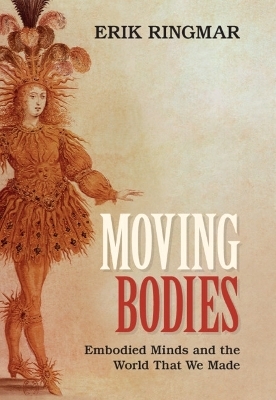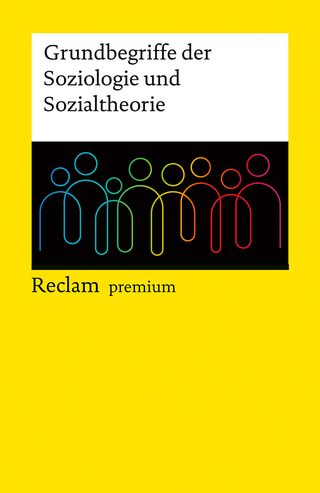
Moving Bodies
Embodied Minds and the World That We Made
Seiten
2023
Cambridge University Press (Verlag)
978-1-009-24563-0 (ISBN)
Cambridge University Press (Verlag)
978-1-009-24563-0 (ISBN)
A history of movements and of how we make sense of the world. Cognitive activities happen as bodies interact with their environment. In order to be, think, know, imagine and will, we need to move. Historical case-studies include dancing kings and sea-captains, and nationalists who engage in gymnastic exercises.
Increasingly we have come to live in our heads, leaving our bodies behind. The consequences have been far-reaching, of which cognitive theory has warned us, advocating a 'return to the body.' This book employs several case studies-kings performing in ballets, sea captains dancing with natives, nationalists engaged in gymnastics exercises-to demonstrate what has been lost and what could be gained by a more embodied approach to living, to history. These curious movements were ways to be, to think, to know, to imagine, and to will. They highlight the limits of historical explanations focusing on cultural factors and question currently fashionable 'cultural' and 'post-modern' perspectives. Bodies, cognitive theory tells us, are the same regardless of historical context, and they engage in the same intentional activities. Returning to our bodies and their movements enables us not only to explain historical actions anew, but also to understand ourselves better.
Increasingly we have come to live in our heads, leaving our bodies behind. The consequences have been far-reaching, of which cognitive theory has warned us, advocating a 'return to the body.' This book employs several case studies-kings performing in ballets, sea captains dancing with natives, nationalists engaged in gymnastics exercises-to demonstrate what has been lost and what could be gained by a more embodied approach to living, to history. These curious movements were ways to be, to think, to know, to imagine, and to will. They highlight the limits of historical explanations focusing on cultural factors and question currently fashionable 'cultural' and 'post-modern' perspectives. Bodies, cognitive theory tells us, are the same regardless of historical context, and they engage in the same intentional activities. Returning to our bodies and their movements enables us not only to explain historical actions anew, but also to understand ourselves better.
Erik Ringmar is Professor of Political Science at Ibn Haldun University, Istanbul, Turkey.
1. Moving bodies; 2. Being; 3. Thinking; 4. Knowing; 5. Imagining; 6. Willing; 7. The world that we made.
| Erscheinungsdatum | 06.02.2023 |
|---|---|
| Zusatzinfo | Worked examples or Exercises |
| Verlagsort | Cambridge |
| Sprache | englisch |
| Maße | 158 x 235 mm |
| Gewicht | 470 g |
| Themenwelt | Geisteswissenschaften ► Philosophie |
| Sozialwissenschaften ► Soziologie ► Allgemeines / Lexika | |
| ISBN-10 | 1-009-24563-5 / 1009245635 |
| ISBN-13 | 978-1-009-24563-0 / 9781009245630 |
| Zustand | Neuware |
| Informationen gemäß Produktsicherheitsverordnung (GPSR) | |
| Haben Sie eine Frage zum Produkt? |
Mehr entdecken
aus dem Bereich
aus dem Bereich
ein Werkstattbesuch bei Pierre Bourdieus „Das Elend der Welt“
Buch | Softcover (2024)
Springer VS (Verlag)
74,99 €
Buch | Softcover (2024)
Phillip Reclam (Verlag)
12,80 €


